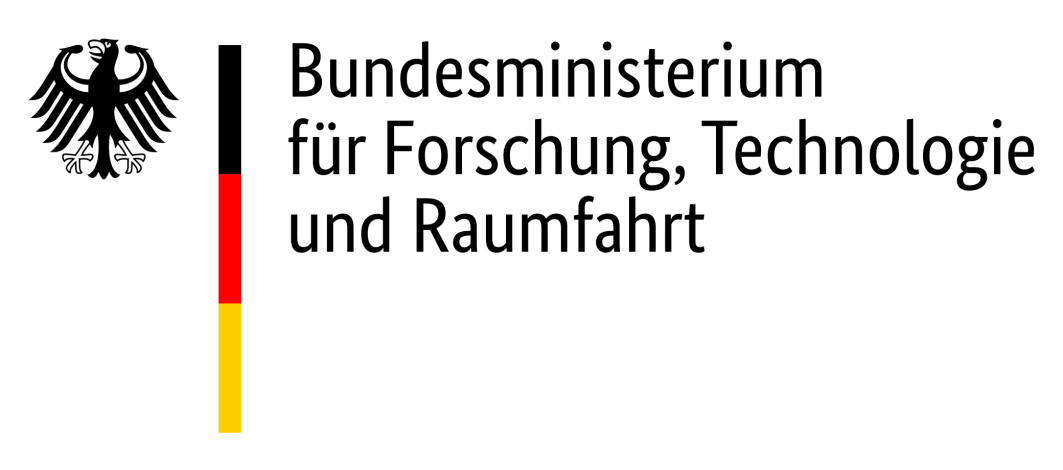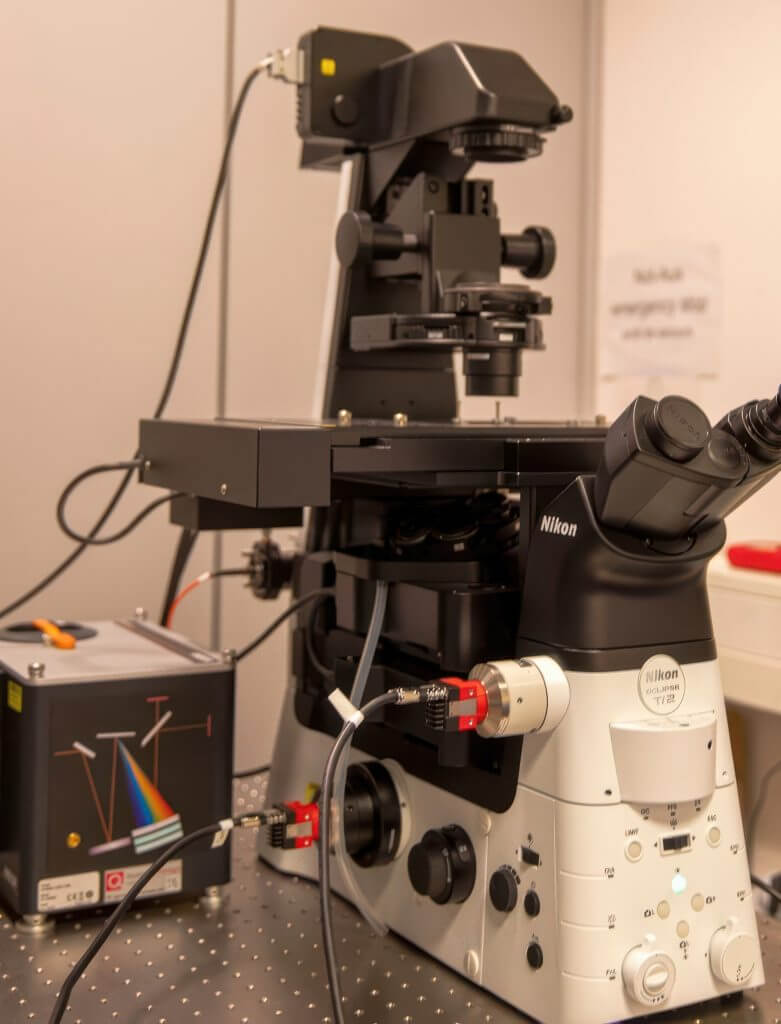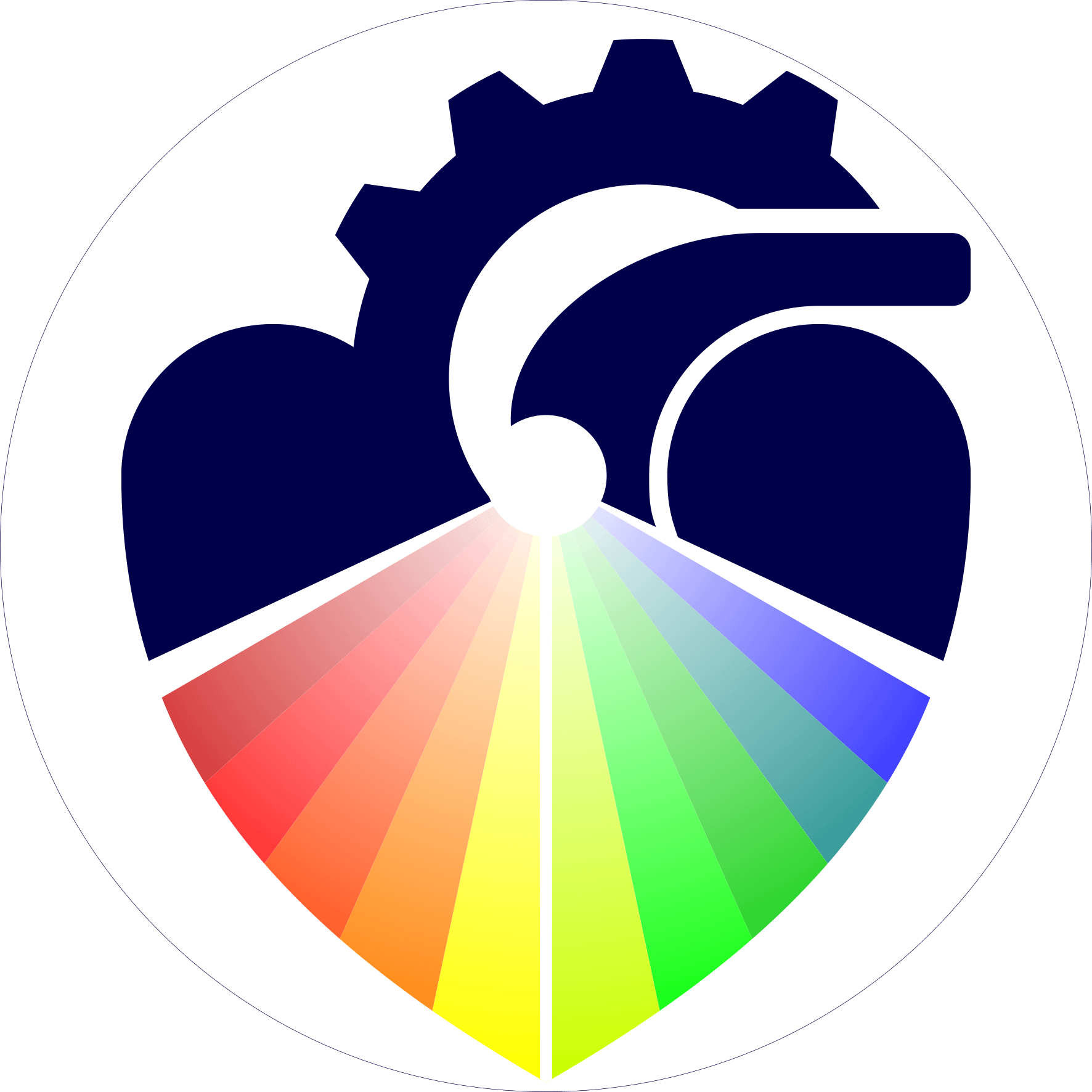Base Technology 2: Photonic Interaction Assays for Point-of-Care and High-Throughput Platforms

Project period |
Jul 01, 2021 – Sep 30, 2025 |
Sponsor |
Federal Ministry of Research, Technology, and Space (BMFTR) |
Project Management |
|
Support |
VDI Technology Center |
Funding code |
13N15704 |
Research partner |
Leibniz Center for Photonics in Infection Research (LPI): Funding Statement
This work is supported by the BMFTR, funding program Photonics Research Germany (FKZ: 13N15704) and is integrated into the Leibniz Center for Photonics in Infection Research (LPI). The LPI initiated by Leibniz IPHT, Leibniz HKI, UKJ and FSU Jena is part of the BMFTR national roadmap for research infrastructures.

The four partner institutions collaboratively develop the basic technologies. Each institution is responsible for at least one of these technologies, under the coordination of its respective scientific coordinator. The project spokespersons are Prof. Dr. Jürgen Popp (Leibniz IPHT) and Dr. Brunhilde Seidel-Kwen (JUH). The scientific coordinators for the LPI Basic Technologies at Leibniz IPHT are Dr. Lisa Schmölz and Dr. Lina Herbst.
Project Vision
Rapid, precise, and versatile diagnostics are key to understanding and controlling infectious diseases. Within the Leibniz Center for Photonics in Infection Research (LPI), the project Base Technology 2 (BT2) develops foundational biophotonic platform technologies that enable point-of-care (POC) and high-throughput (HTS) applications. Coordinated by the Leibniz Institute of Photonic Technology (Leibniz IPHT), the project focuses on translating advanced photonic principles into compact, reliable, and scalable systems for clinical and laboratory environments.
The overarching goal of BT2 is to establish photonic interaction assays that combine Raman spectroscopy and fluorescence detection for sensitive, label-free, and rapid molecular analysis. These technologies form the methodological basis for future diagnostic tools within the LPI framework, aiming to detect pathogens and host responses with high specificity directly at the point of care.
The central focus of our team at the Leibniz IPHT is the development of compact analytical devices and sample preparation strategies, particularly for liquid samples such as blood, serum, or cell suspensions. This involves both instrument engineering and the design of standardized analysis workflows that ensure reproducibility and compatibility with high-throughput operation.

Within work package 5.1, the Leibniz IPHT team develops a rapid high-throughput (HTS) Raman/fluorescence platform and a dedicated Raman assay platform. Both systems are designed to validate the scalability, speed, and robustness of the photonic approaches developed within BT2. They combine automated sample handling, precise optical excitation, and multiplexed spectroscopic detection to enable the reliable, reproducible analysis of large sample sets in minimal time.
Through this combination of photonic innovation, compact system design, and intelligent data analysis, BT2 provides the technological foundation for next-generation infection diagnostics. The results will strengthen the LPI’s overarching mission: bridging the gap between photonic research and clinical translation to enable faster, more accessible, and more personalized diagnostic solutions.

Miftahul Islam
